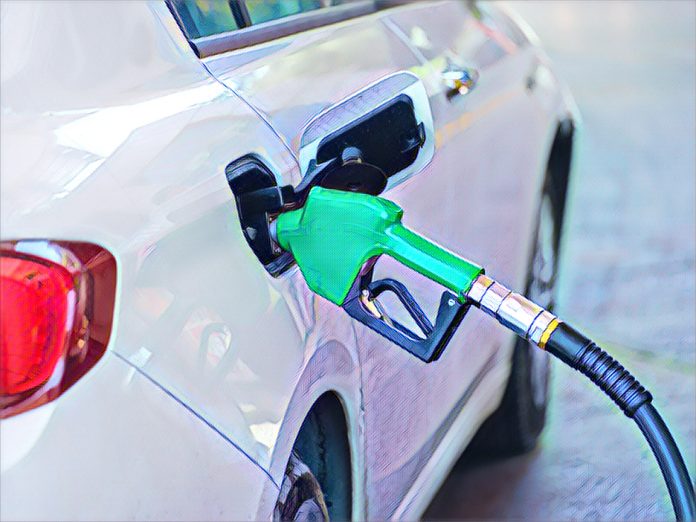Recent spikes in the global crude oil price have instilled anxiety among Nigerians regarding a potential surge in petrol prices. As of Monday, the crude oil price reached $93.55 per barrel.
This uptick arrives amidst the declining value of the Naira in the foreign exchange realm, where it traded at N980 to the US dollar at the parallel market on Monday.
However, industry representatives such as the Independent Marketers Association of Nigeria (IPMAN) and the Major Oil Marketers Association of Nigeria are attempting to assuage fears. They state that a petrol price hike remains unlikely despite the volatile nature of global crude oil prices and the plummeting Naira value.
Over the past three months, there have been two adjustments in fuel prices. Following the removal of fuel subsidies in June, the price soared by 210% from N175 per liter to N546.83. This increase was shortly followed by another bump to N617 per litre.
According to a report by the Daily Post, President Bola Ahmed Tinubu, in a statement by Ajuri Ngelale, his Special Adviser on Media and Publicity, assured Nigerians that there will be no further rise in petrol pump prices. Mele Kyari, the Group Chief Executive of Nigerian National Petroleum Corporation Limited (NNPC Limited), echoed this sentiment.
The NNPC Limited, with a brief exception in July, remains the exclusive supplier of petrol across the nation, fostering speculation that the Federal Government might indirectly subsidize the product to prevent price escalations.
In an exclusive interview with DAILY POST, IPMAN President Chinedu Okonkwo expressed confidence in NNPC Limited’s ability to maintain petrol prices. Highlighting the corporation’s dominance in supply, he stated, “The market fundamental determines the price; if NNPC decides to increase the fuel pump, we will also change.”
Okonkwo further called on the federal government to expedite the adoption of Compressed Natural Gas as an alternative fuel source, emphasizing its potential benefits to the Nigerian economy and energy sector.
Adding to this perspective, former MOMAN Chairman Tunji Oyebanji elucidated the unique dynamics of Nigeria’s fuel market, where NNPC Limited, as the sole importer, effectively dictates the price. “Because we are operating in a market with a single supplier, that supplier will determine the product’s price,” Oyebanji remarked.
As Nigeria navigates these market intricacies, its citizens and stakeholders closely watch, hoping for a stable energy future amidst global uncertainties.



